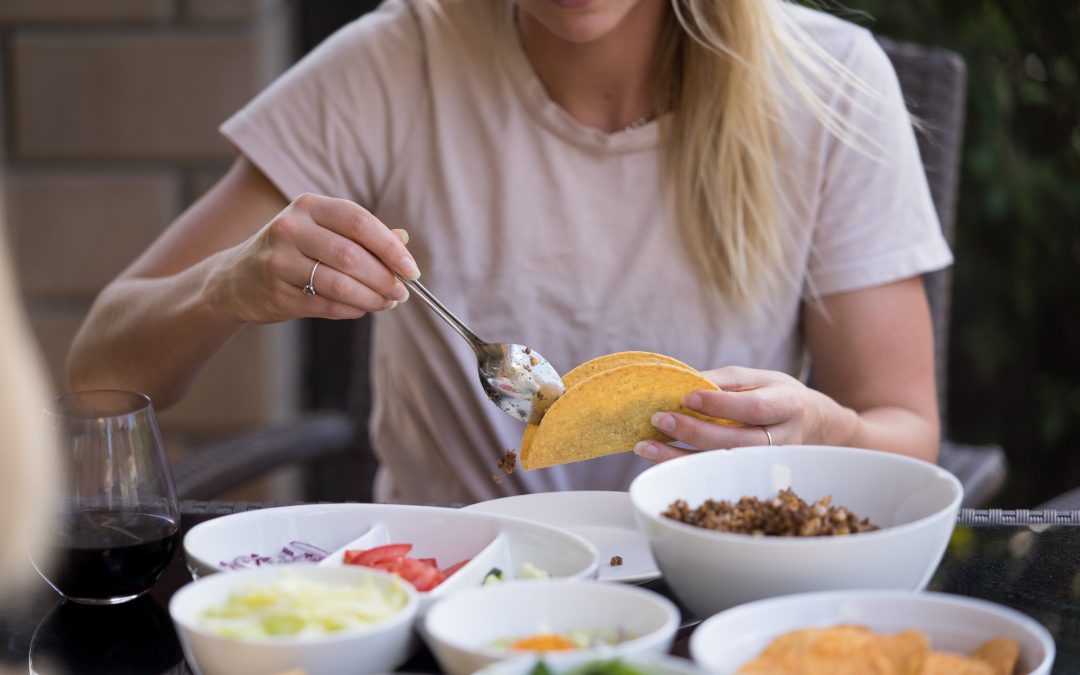novellainstitute.com – When it comes to maintaining a healthy lifestyle, many people struggle with the idea of “indulgence.” The fear of eating a slice of cake or enjoying a bag of chips can sometimes lead to guilt, restrictive eating, or an all-or-nothing mindset. However, the principle of indulging in moderation can be a game-changer for creating a sustainable and enjoyable relationship with food.
What Does Indulging in Moderation Mean?
Indulging in moderation means allowing yourself to enjoy your favorite treats or comfort foods without overdoing it or making it a daily habit. Instead of cutting out certain foods entirely, which can lead to cravings and feelings of deprivation, you can incorporate them mindfully into your diet while maintaining overall balance.
This approach focuses on:
- Mindful Eating: Paying attention to what you eat and savoring each bite.
- Portion Control: Enjoying smaller servings of indulgent foods rather than overindulging.
- Balanced Choices: Making healthy foods the foundation of your diet while leaving room for occasional treats.
Why Indulgence in Moderation is Important
- Prevents Feelings of Deprivation Strictly banning certain foods often makes them more tempting, leading to binge eating or unhealthy cravings. Allowing yourself to indulge occasionally can help curb these feelings and foster a healthier mindset.
- Encourages a Positive Relationship with Food Viewing food as neither “good” nor “bad” can reduce guilt and anxiety around eating. Moderation helps you enjoy treats without labeling them as forbidden.
- Supports Long-Term Sustainability Diets that are overly restrictive are difficult to maintain. Indulging in moderation makes a balanced lifestyle feel more achievable and enjoyable over time.
- Improves Emotional Well-being Food is often tied to celebrations, culture, and social experiences. Denying yourself indulgences can isolate you from these moments. Moderation allows you to participate without compromising your goals.
How to Indulge in Moderation
- Plan Ahead Decide when and how you will indulge. For example, enjoy dessert during a weekend dinner or allow yourself a small portion of your favorite snack during a movie night.
- Portion Out Treats Instead of eating directly from a large bag of chips or a tub of ice cream, serve yourself a measured portion to avoid overeating.
- Focus on Quality Over Quantity Choose high-quality treats that you truly enjoy. A small piece of gourmet chocolate, for instance, can feel more satisfying than a large candy bar.
- Practice Mindful Eating Avoid distractions like TV or scrolling on your phone while indulging. Pay attention to the flavors, textures, and satisfaction you get from your treat.
- Balance Indulgences with Healthy Choices If you know you’ll be indulging later in the day, make healthier choices during other meals to maintain balance.
- Don’t Use Food as a Reward or Punishment Avoid tying indulgences to emotional rewards or guilt. Treats should be enjoyed, not earned or regretted.
Examples of Moderate Indulgence
- Instead of eating a whole cake slice, enjoy a few bites.
- Swap a full soda for a smaller, more mindful serving.
- Pair your favorite indulgence with something nutritious, like dark chocolate with a handful of nuts or a small serving of ice cream with fresh fruit.
The Bottom Line
Indulging in moderation is not about restriction or perfection—it’s about balance. By allowing yourself occasional treats in controlled portions, you can enjoy the foods you love while staying on track with your health goals. This approach fosters a sustainable, positive relationship with food, making healthy eating a lifestyle rather than a chore.
So go ahead—have that slice of cake or a handful of chips. Just remember, the key is moderation.




